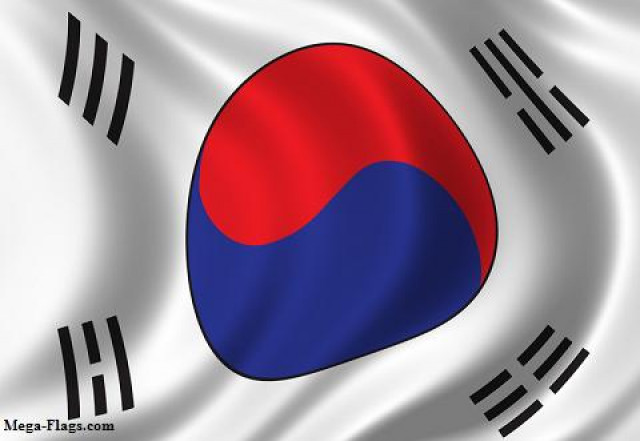Inter-Korean gas link may be pipe dream: experts
South Korea is already one of the world’s largest gas importers.

The long-discussed project would reduce Seoul’s huge gas import bill, bring a transit fee windfall to cash-strapped Pyongyang and rake in tens of billions of dollars for Moscow’s state-controlled gas company.
But tensions between the Korean rivals could yet derail the scheme. The pipeline returned to the headlines last month when the North’s leader Kim Jong-Il reportedly gave it his backing during a summit in Russia with President Dmitry Medvedev.
South Korea’s President Lee Myung-Bak on Thursday also endorsed the idea, lauding the “great” potential of the scheme and saying it may be speeded up.
“North Korea and Russia are in talks and we are also in talks with Russia. There will be a point where the three parties reach an agreement,” Lee told a panel discussion.
Officials from Russia’s gas corporation Gazprom will reportedly visit Seoul this month to discuss with Korea Gas Corporation the project to link South Korea to gas terminals in Sakhalin, Khabarovsk and Vladivostok.
Resource-poor but heavily industrialised South Korea is one of the world’s biggest importers of natural gas.
Under a 2008 interim agreement it would import at least 10 billion cubic metres (350 billion cubic feet) of natural gas a year - 20 percent of its annual needs - through the pipeline for 30 years.
But Gazprom’s chief executive said last November the delivery method had not yet been agreed. Other options are an undersea pipeline or liquefied supplies by ship.
Experts said the transport cost of pipelined gas would be one third that of liquefied gas carried by ship. Given current gas prices, the deal could bring Russia $150 billion over 30 years.
Citing government sources, South Korea’s Chosun Ilbo newspaper said the impoverished North was asking $150 million per year as a transit fee.
Professor Kang Joo-Myung of Seoul National University said there are serious obstacles to the 1,000-km (625-mile) pipeline, which according to experts would cost $3 billion to lay. “South Korea has to ask three questions - is the size of the gas reservoir large enough to supply for 30 years, who will fund the pipeline construction across North Korea and how to guarantee against North Korea risk?” Kang told AFP.
The project needs an easing of tensions and especially a settlement of disputes over the North’s nuclear programme, said Professor Kim Yong-Hyun of Seoul’s Dongguk University. “Under the current situation, the pipeline project appears to be no more than a pipe dream,” he said. “But it could also serve as a pathway to bring the two Koreas closer.”
Professor Yang Moo-Jin of Seoul’s University of North Korean Studies said the two Koreas and Russia were likely to reach agreement to form a special committee in November to push through with the project. “However, it’s true that there remains a long way to go before the project becomes reality,” Yang said.
Published in The Express Tribune, September 12th, 2011.


















COMMENTS
Comments are moderated and generally will be posted if they are on-topic and not abusive.
For more information, please see our Comments FAQ